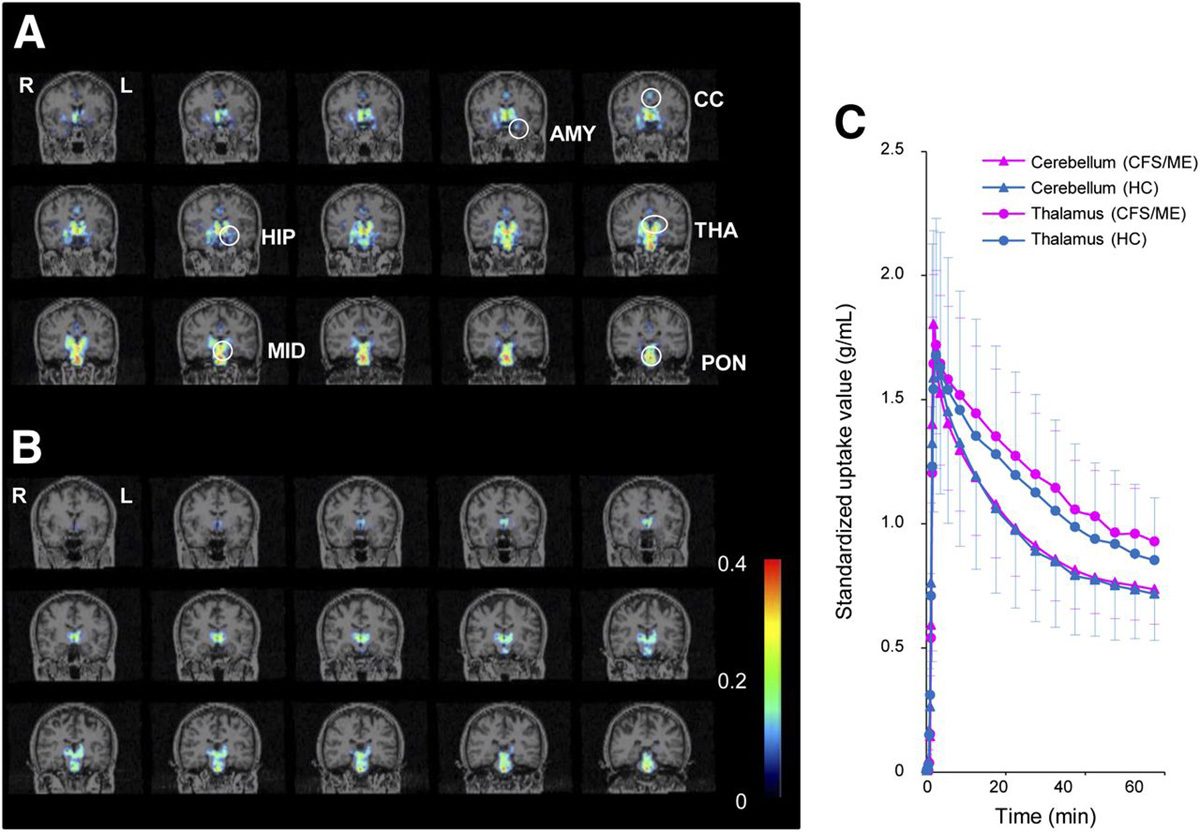
Miller Fisher syndrome is an uncommon, acquired nerve disease that and a variant of Guillain-Barré syndrome. The disease is characterized by abnormal muscle coordination, paralysis of the eye muscles, and lack of the tendon reflexes. The disease was first described in 1956 by a Canadian stroke neurologist, Charles Miller-Fisher. The process is mediated by autoantibodies directed against a component of myelin found in peripheral nerves.
The best part of individuals with Miller Fisher syndrome has a distinctive antibody that characterizes the disorder. Anti-ganglioside antibodies, particularly to GQ1b will are found in 90 percent of all patients.
Causes of Miller Fisher syndrome
Miller Fisher syndrome is a result of an immune response to foreign antigens. Like Guillain-Barré syndrome, the disease may be preceded by a viral illness or some kind of attack to patient’s immune system. Usually the preceding attack is associated with vaccination, respiratory tract infection, herpes or mycoplasma infection. In many cases, patients have preceding infection with Campylobacter jejuni, a gram-negative microaerophilic, bacteria commonly found in animal feces. This bacterium is one of the leading causes of human gastroenteritis.
In Miller Fisher syndrome, infectious agents attack the host nerve tissues and generate some kind of an antigenic mimicry on gangliosides, or the complex glycosphingolipids that are present within nerve tissues. When the autoimmune attack occurs, it results in the inflammation of myelin on the peripheral nerves and the consequential blockage brings on the muscle paralysis and accompanying symptoms.
Symptoms of Miller Fisher syndrome
This disease is characterized by the acute onset of oculomotor dysfunction, ataxia, the loss of deep tendon reflexes with relative sparing of strength in the extremities and trunk, facial weakness, sensory loss, sensitivity to light, respiratory problems, generalized muscle weakness, difficulty swallowing, bladder dysfunction, orthostatic hypotension and cardiac arrhythmia.
Treatment of Miller Fisher syndrome
Treatment for Miller Fisher syndrome is available and it is identical to treatment for Guillain-Barré syndrome. In most cases the prognosis is very good and recovery may start two to four weeks from when the symptoms began. The complete treatment may be done within six months. Relapses occur rarely, in less than three percent of all cases.
Treatment of Miller Fisher syndrome usually involves the use of intravenous immunoglobulin therapy and plasmapharesis. One of the recent studies about the treatment of the disease suggests that independent walking can be improved if intravenous steroid is given in conjunction with immunoglobulin. The study suggests this treatment can be used as an adjunct treatment in cases where the patient’s recovery is prolonged.


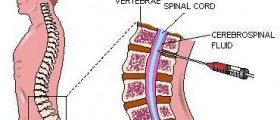







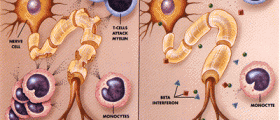

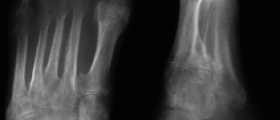
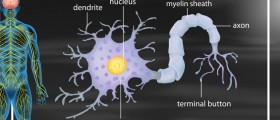



Your thoughts on this
Loading...